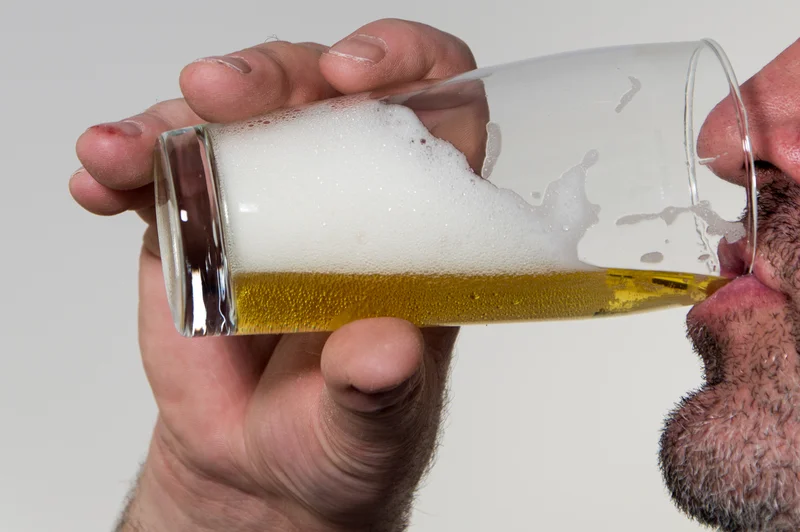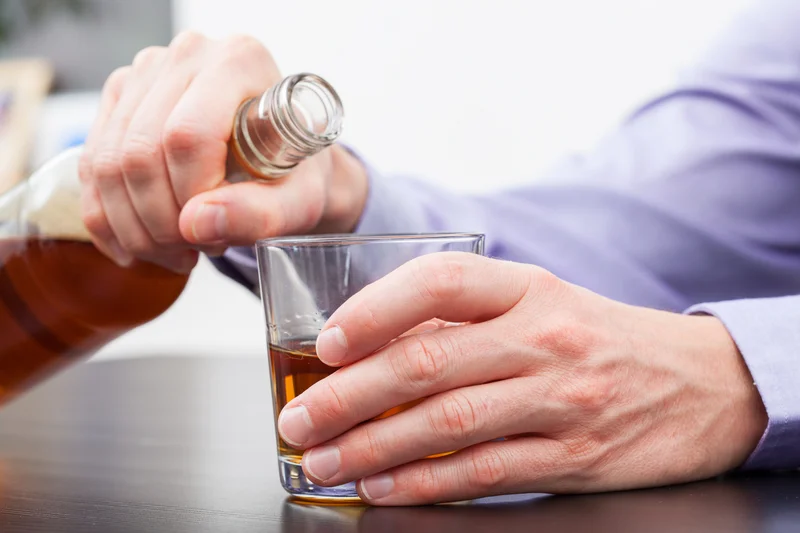
But complete abstinence is sometimes not achievable, even in the long-term, and there is a need for new how long does marijuana stay in your system treatment approaches that recognize the clinical value of reduced use. You may notice your physical and mental health have improved after you detox from weed. Endorphins are pleasant feelings your body gets when exercising.
Signs of Marijuana Addiction

This is known as synaptic density and is typically seen among individuals at risk of psychosis compared to a healthy control group. Confirmed cannabis use among these people is now shown to extenuate this process, based on this study’s results. Marijuana use has pleasant side effects for some, including increased laughter and physical relaxation.
Signs of cannabis addiction
To mask this stench, some people use air fresheners, breath mints or heavy amounts of cologne.
Marijuana Doctors

Healthcare providers may recommend cognitive and behavioral therapies alone or in combination with medications. Treatment for CUD often requires continuing care to be effective, as CUD is a chronic condition with the potential for both recovery and relapse. Substances like marijuana send massive surges of dopamine through your brain, too. Cannabis refers to all products that come from the Cannabis sativa plant. Drug abuse and addiction can be scary and uncertain, but it’s treatable, and there’s help out there.
- Consider seeing a mental health professional if you’re having issues managing your stress.
- However, research indicates that regular and prolonged use can lead to dependence, withdrawal symptoms, cravings, and difficulty quitting.
- And withdrawal is a significant sign of cannabis (marijuana) use disorder (CUD).
There are a variety of treatments available, and if one doesn’t alcohol rehab work, another one may be better for you. Finding others who are dealing with the same issues as you can be validating, and you can learn from one another about different ways to cope. Marijuana Anonymous is one such support group based on the principles of Alcoholics Anonymous.

What to do if you suspect cannabis hyperemesis syndrome
- If you use it regularly, you could have the same breathing problems as someone who smokes cigarettes.
- Cannabis is a known risk factor for a developing state of psychosis that can progress to schizophrenia.
This pattern can interfere with work, relationships, and overall well-being. It can be hard when you’re living with marijuana abuse or watching someone you care about deal with it. They can help identify treatment options that are appropriate for your situation and provide resources for family and friends. An overdose is not limited to taking lethal amounts of a drug.

Treating and preventing marijuana relapse and cannabis use disorder
While many people use marijuana (it’s the third most commonly used addictive drug, after tobacco and alcohol) most won’t become addicted. About 1 in 10 people who use marijuana will become addicted; when they start using before the age of 18, the number increases to 1 in 6. Knowing the signs of marijuana use and the immediate effects can help you understand the consequences of abusing the drug. If a loved one exhibits several of these traits, consider having a conversation about the dangers of cannabis.
Reversing Cannabis-Related Issues
Changes in state laws mean marijuana is available to more people, for both medical and recreational use. But whether you use it legally or illegally, it’s possible to misuse it and get addicted to it. Seeking professional treatment, therapy, and support groups can help individuals quit marijuana and maintain long-term recovery.



